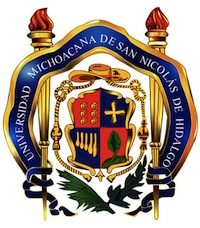
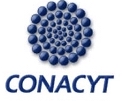
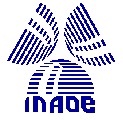
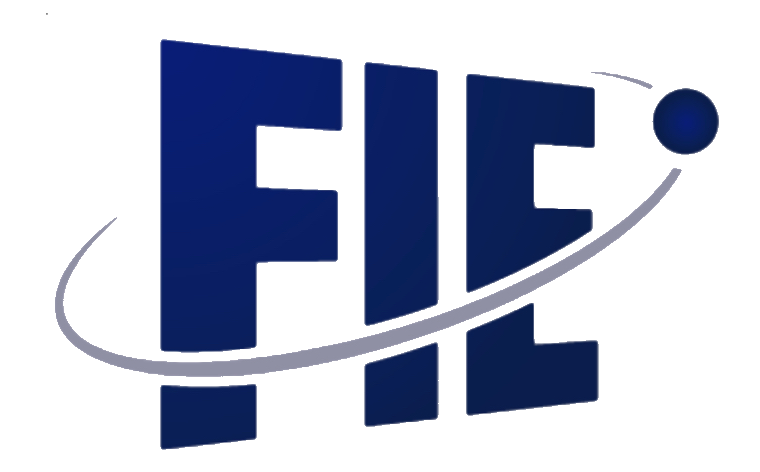
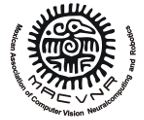
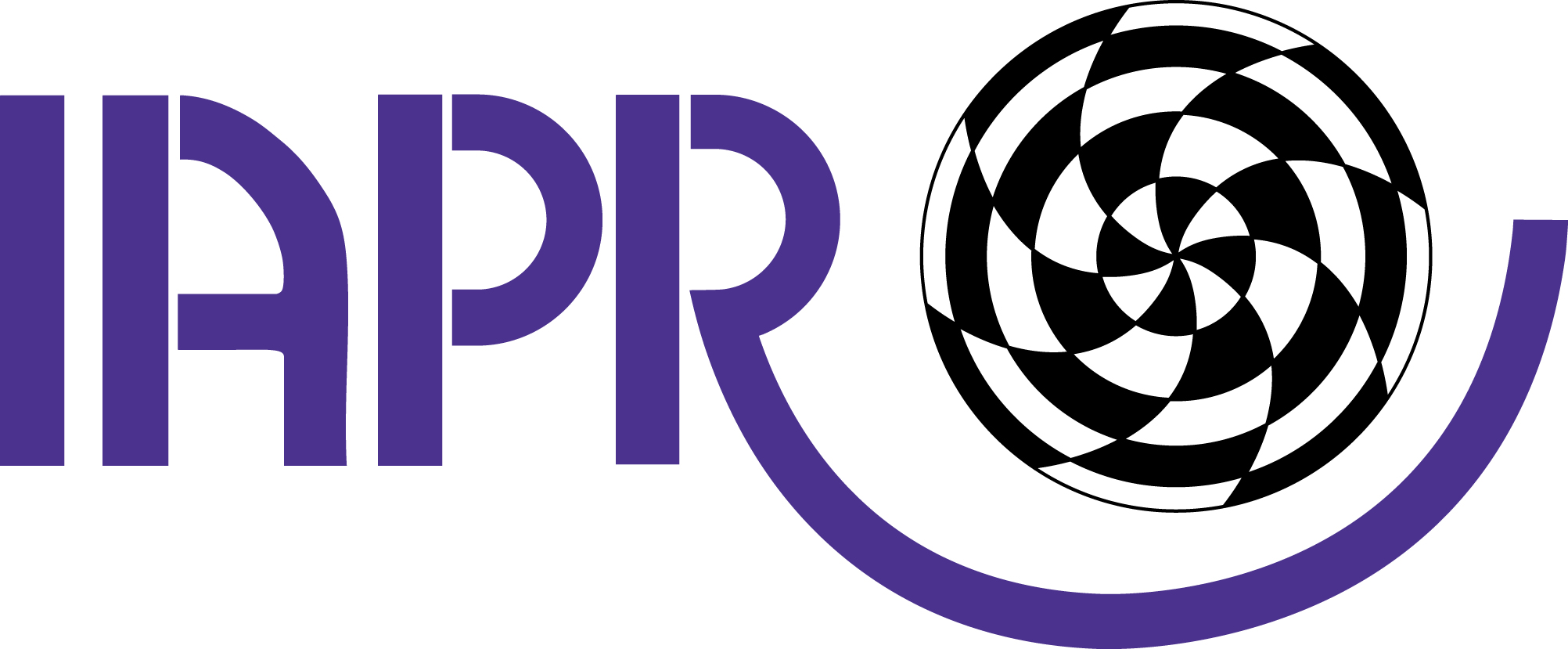
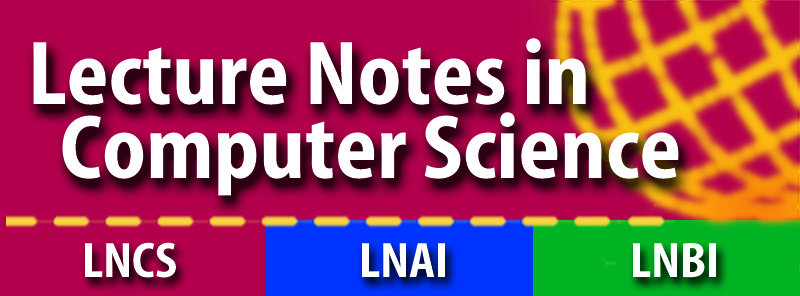
12th Mexican Conference on Pattern Recognition
MCPR 2020
Important dates
- Paper deadline: January 26th february 24th, 2020 (anywhere on Earth)
- Notification: March 20thMarch 31 th, 2020
- Camera-ready due: March 27thApril 9th, 2020
- Early bird registration: before April 17th, 2020
- Main conference: 24th-27th June, 2020
Authors are invited to submit contributions including, but not limited to the following areas:
Topics of interest
-Data Mining
-Natural Language Processing and Recognition
-Discrete Geometry
-Document Processing and Recognition
-Fuzzy and Hybrid Techniques in Pattern Recognition
-Image Coding, Processing and Analysis
-Industrial and Medical Applications of Pattern Recognition
-Bioinformatics -Logical Combinatorial Pattern Recognition
-Mathematical Morphology
-Neural Networks
-Artificial Intelligent Techniques and Recognition
-Pattern Recognition Principles
-Robotics & Remote Sensing Applications of Pattern Recognition
-Shape and Texture Analysis -Signal Processing and Analysis
-Special Hardware Architectures
-Statistical & Structural Pattern Recognition
-Voice and Speech Recognition
-Parallel and Distributed Pattern Recognition
-Neural Networks and Associative Memories
All the 10 A4-pages papers will be submitted and presented at the conference in English. All submissions will be blind peer reviewed for originality, technical content and relevance to the theme of this conference by three members of the Scientific
Committee. The final acceptance will be based upon peer review of the full-length paper.
Accepted papers will appear in the conference proceedings, which
will be published by Springer in the LNCS series.
Submission
The papers should be submitted electronically before January 26thfebruary 24th, 2020 through Easychair System.
Authors should consult Springer's authors' guidelines and use their proceedings templates, either for LaTeX or for Word, for the preparation of their papers. Springer encourages authors to include their ORCIDs in their papers. In addition, the corresponding author of each paper, acting on behalf of all of the authors of that paper, must complete and sign a Consent-to-Publish form. The corresponding author signing the copyright form should match the corresponding author marked on the paper. Once the files have been sent to Springer, changes relating to the authorship of the papers cannot be made."
Submission implies the willingness of at least one of the authors to register and to present the communication at the conference, if it is accepted.